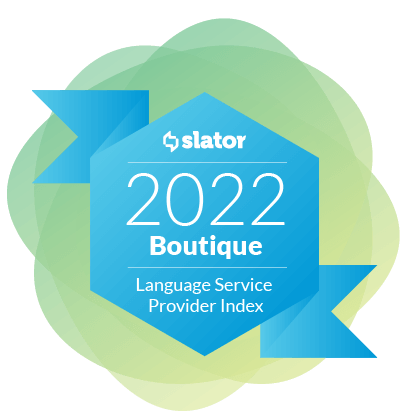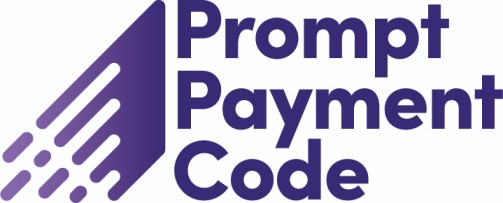Atlas Translations: Translation into Spanish

As a UK Translations Agency we get lots of Spanish translation and Spanish interpreting requests; either translating into or from Spanish into another language. To explain the high demand, here are some facts and figures that will blow your mind. In no particular order:
- Spanish is spoken by 570 million people worldwide (about 450 million of which have it as their 1st language). The number is growing fast and it’s estimated that by 2050 there will be around 750 million speakers.
- It is spoken in 44 countries.
- It is the official language of 21 countries.
- It is the 4th most widely spoken language in the world (after Chinese, Hindustani and English) and is expected to overtake English by 2050.
- It is the 3rd most used language on the internet (at the moment – but expect that to change!). The use online has risen by a phenomenal 800% in the past few years. In fact it is the second most popular language on social media. And it is also the second most-used language in Wikipedia, in terms of visitors to the site.
- Many international companies and organisations, including the United Nations, include Spanish among their official languages.
- 21 million students are currently studying Spanish as a second language, making it the second most studied language in the world.
So there you have it, in summary, this language is growing fast in business and on the Internet, and it is being embraced by the next generation. It is spreading across the globe faster than English ever did in terms of numbers.
What about its origins and influences? It is part of the Indo-European family of languages and the modern form of the language dates from the 13th century. Around 75% of modern Spanish is derived from Latin, but there are other influences too, especially Arabic. Approximately 8% of Spanish vocabulary has its roots in Arabic as a result of the Moorish occupation of Spain that lasted nearly 800 years. Other influences include other European languages as well as the indigenous languages of the Americas.
With more than 110 million people who speak Spanish, Mexico is the largest Spanish-speaking country. The second largest, with more than 50 million speakers, is the United States. Spain and Colombia are so close in numbers, it’s safer to award them joint third.
The language itself originated in the Castile region of Spain, and it’s still referred to as ‘castellano’ (Castilian) as well as ‘español’ (Spanish). People sometimes call it Castilian for political reasons. It’s not the only official language in Spain; there are also Catalan, Galician and Basque, so these are ‘Spanish’ languages too. And many South Americans prefer to call it Castilian, because ‘Spanish’ might imply that it’s mainly the language of Spain. The versions of the language may vary but can be understood easily between both sets of speakers. Across all the countries globally where Spanish is spoken as a first language, each country offers an array of dialects – the dialect spoken in Buenos Aires, Argentina, for example, is hugely different from the local dialect of the Patagonian villages in Chile.
The Spanish love vowels. They throw as many into a word as they can, it seems. They love them so much that the Spanish language even has its own word for ones that use all 5 vowels. These are called ‘pentavocales’ (they missed a trick – if they threw in an ‘i’ and a ‘u’ the very word could be a ‘pentavocal’). Here are a couple: murciélago (bat) and abuelito (grandpa). The Spanish Language has 300-400 of them. Just to go off on a small tangent here – I can only think of one ‘pentavocal’ in the English language, but it’s a cool one: ‘Eunoia’ which means beautiful thinking. It’s pronounced yoo-noya. Said too fast and it sounds like you’re saying “You annoy her” or “You are annoying”. To annoy you, I would just like to point out that I know you said eunoia out loud. Twice probably.
I digress…. Back to Spanish.
David Beckham, Jack Black, Tom Daly, Tom Hiddleston and Will Smith are a few non-Latino celebrities who have conducted interviews in Spanish. But the best by a mile is Gwynneth Paltrow who is fluent (having spent a lot of time in Spain as a teen). She encourages her children to speak only in Spanish, she clearly recognises its importance and its beauty, referring to Spain as her second home. What’s my ability as a Spanish speaker? I hear you ask. All my phone-calls with Gwynnie are in Spanish. Or would be, if she ever rang. And if she wanted me to ask her where the toilets are, what time it is and pardon. Sadly, my Spanish is worse than Manuel from Fawlty Towers’ English. ¿Qué?










